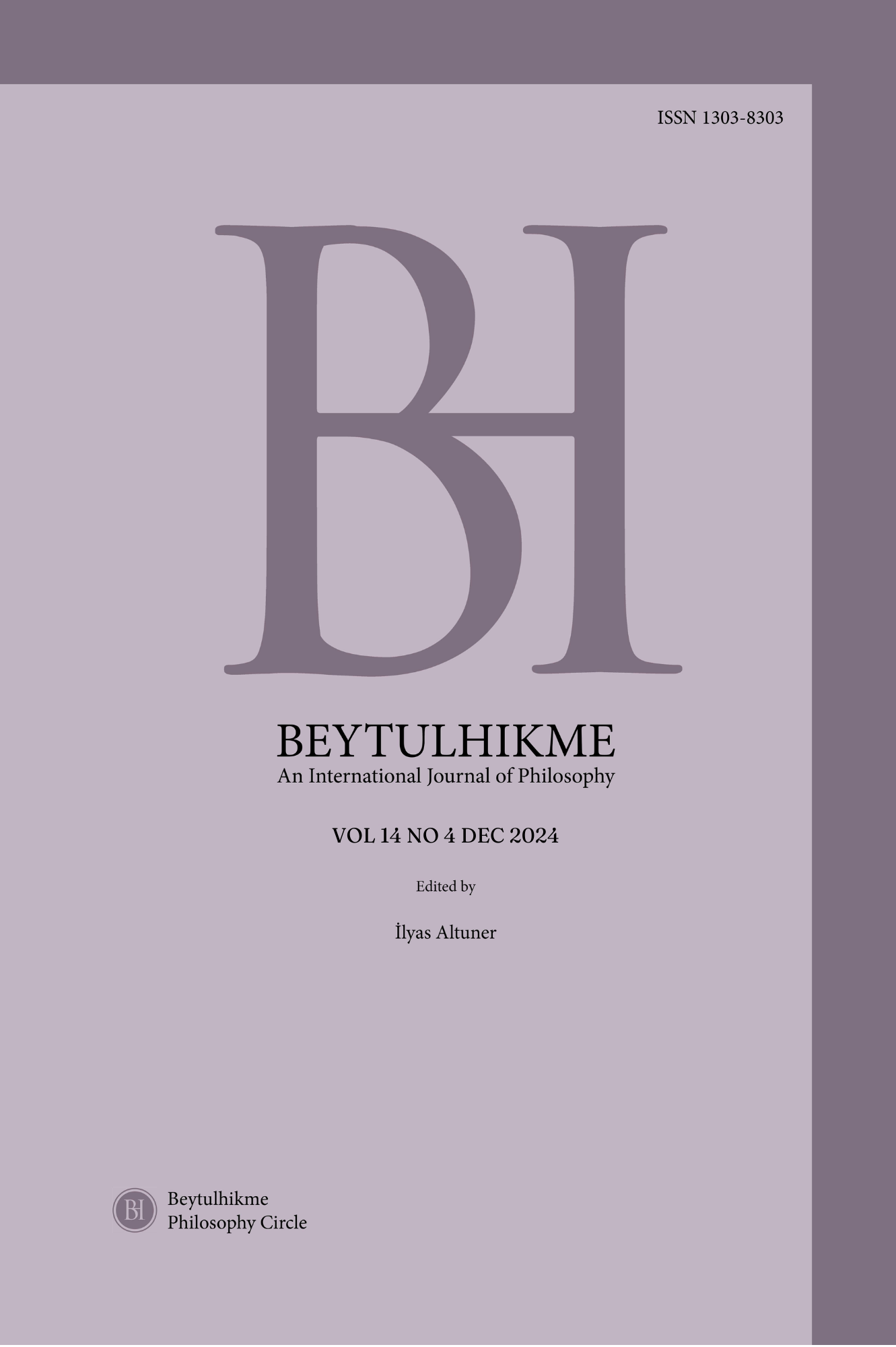Author :
Abstract
Bu çalışmanın amacı, Frege, Kant ve Quine’ın modalite eleştirilerinin mantık ve ontoloji ilişkisine dair sonuçlarını tartışmaktır. Çalışmada, Kant ve Frege’nin modalitelerin yargının içeriğine etki etmemesi ve yalnızca yargıya dair bilgiyle ilişkili olduğu iddialarındaki benzerliklere rağmen, iki düşünürün görüşlerinin farklılıkları vurgulanmıştır. Kant’ın modaliteyi yargının dışına itme sebebinin ontoloji ile alakalı olduğu, Frege’nin ise modal önermelerin doğruluk değerlerinin farklılaşmasından kaçınmaya çalıştığı belirtilmiştir. Quine’ın nicelenmiş modal mantığın Aristotelesçi özcülüğe yol açtığı eleştirisinin de Kant ile birlikte ele alınabileceği ve her iki eleştirideki temel kaygının, modalitelerin yol açabileceği ontolojik problemler olduğu ifade edilmiştir. Ayrıca, çalışmada modal mantığın gelişimi incelenmiş ve günümüzde modalitelerin, Frege’nin savunduğunun aksine, doğruluk değerini belirleyen semantik bir çerçevede ele alındığı gösterilmiştir. Bunun yanı sıra modal mantığın ontolojik problemleri ele almada faydalı olduğu ve tartışmalara netlik kazandıran bir araç olarak işlev gördüğü aktarılmıştır. Neticede, Quine’ın dikkat çektiği problemlerin mantığın sınırlarını aşan ontolojik sorunlar olarak halen geçerli olduğu vurgulanmıştır.
Keywords
Abstract
The aim of this study is to discuss the implications of Frege, Kant, and Quine's critiques of modality for the relationship between logic and ontology. While Kant and Frege share the view that modalities do not affect the content of judgments and are only related to the epistemic stance toward judgments, the study emphasizes the differences between their perspectives. It is noted that Kant’s motivation for excluding modality from judgments is ontologically driven, whereas Frege concerned with ensuring that modalities do not influence the truth value of propositions. Quine’s critique, that quantified modal logic leads to Aristotelian essentialism, is examined alongside Kant's concerns, with both critiques sharing a common worry about the ontological problems that modalities might introduce. Furthermore, the development of modal logic is analyzed, showing that, contrary to Frege’s claim, modalities are now considered within a semantic framework that determines truth values. It is also highlighted that modal logic serves as a valuable tool for addressing ontological problems and clarifying philosophical debates. The study concludes that the ontological concerns raised by Quine remain unresolved, as they extend beyond the boundaries of modal logic.





